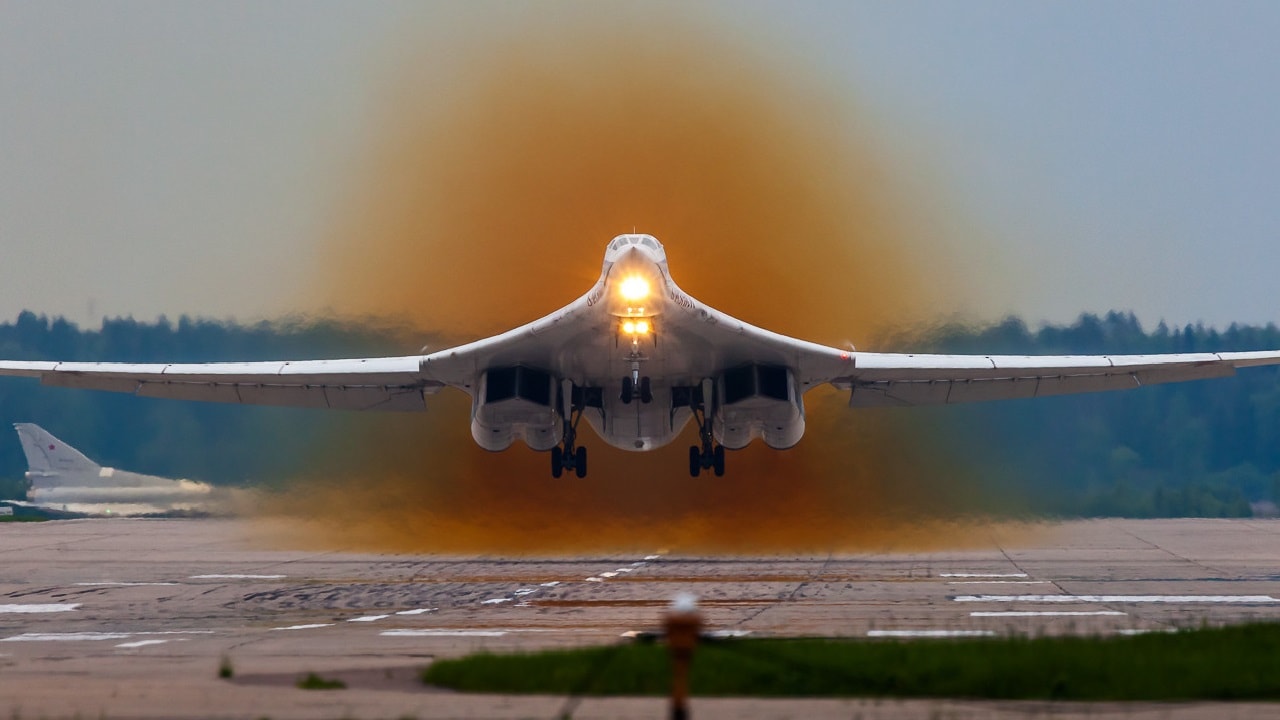Since the start of the Ukraine war in February of last year, there has been a regular current of alarmism and exaggeration among observers in the West.
We have heard repeatedly that Ukraine is leading us into a massive conflict, one that might even end with a nuclear exchange between NATO and Russia. The Ukraine war, in this reading, is a great-power war.
Russia is fighting not just Ukraine, but the whole West.
It is similar to World War I, a general conflict during which all of Europe’s major powers lined up on one side or the other in a war of attrition.
The implication of this analogy is its great danger in the nuclear age. A full-scale great power war, however terrible, did not create an existential risk in the pre-nuclear era. Even though Germany was defeated in World War I, it was not annihilated, nor could it annihilate its opponents.
Russia today, by contrast, has a nuclear arsenal, and if the Ukraine war is similar to World War I, then we are on the cusp of World War III with a nuclear adversary.
This alarming interpretation appears routinely in the Western debate. If Russia believes it is facing all of NATO, we hear – or if it sits on the edge of a catastrophic defeat – it could go nuclear.
Ukraine War Is a Quagmire, Not a General War
A general war between Russia and NATO is highly unlikely, but it is certainly more conceivable than it was before the Ukraine war began.
And such a war could indeed escalate toward a nuclear exchange. Any conflict involving a nuclear-armed great power automatically entails escalation risks, especially if that great power fails to achieve victory. Instinctively, large powers expect military victory.
Their elites and the public will feel frustrated and cheated if a much smaller power somehow thwarts the expected triumph. Putin has groomed this resentment in Russia with years of chest-thumping about Russia’s status and its great-power role.
We saw such frustration in France’s defeat in Vietnam, the American stalemate in Korea and its own defeat in Vietnam, and the Soviet defeat in Afghanistan. The brief consideration of nuclear weapons in these cases mostly reflected elite frustration at the inability to win. But the geopolitical risks of nukes vastly exceeded the costs of stalemate or defeat. In each case, the expected winner found it cheaper to lose and simply exit the field.
This is a more realistic analogy for the contemporary Russian experience in Ukraine. Russia is not so much locked in a large war with the West as it is bogging down in a “small war” with Ukraine. The model most obvious to American readers here is the Vietnam War. The U.S. backed its way into a war that ended up surprising Americans with its scale and ferocity. Washington responded with escalation and growing frustration, yet no amount of conventional force seemed to bring victory closer. Vietnam became a quagmire, a constant, infuriating stalemate drifting toward defeat. This, rather than Russia’s crushing defeat in World War I, captures the dynamic of Russia’s dilemma in Ukraine.
NATO and Russia Will Not Somehow Tumble Into a War
Analogies to a world war require significant extrapolation.
Right now, NATO and Russian forces are not, in fact, exchanging fire. NATO troops are not in Ukraine. NATO support is limited to aid, which is something we have seen in proxy wars for decades. The two most famous examples are Soviet and Chinese support for Vietnam against the Americans in the 1960s and 1970s, and U.S. support for Afghan rebels against the Soviet Union in the 1980s. Neither of these escalated into World War III. None of the Cold War proxy conflicts did.
Analysts pushing World War III scenarios need to explain how NATO and Russia would slide from today’s geographically contained conflict into a general contest – especially when all players are acutely aware of the nuclear risks such an escalation would carry.
Indeed, we have learned that the U.S. and Russia have been speaking behind the scenes to prevent such escalation, while China appears to be signaling with increasing intent that Russia should not use nuclear weapons. This sort of diplomacy is precisely what you would expect given Russia’s nuclear arsenal, and it strongly mitigates the ill-defined risk of a tumble into nuclear war. Russia itself knows the risks of a nuclear exchange, and Russian President Vladimir Putin had to back down after much of the world rejected his recent nuclear bluffing.
Explain Instead that the War has Noticeably NOT Escalated
Indeed, the war has notably not escalated. For sometime, we have heard it will spin out of control, but that is very obviously not happening. Instead, the war remains limited, even as Russia is losing. That empirical reality is far more interesting than constant, inaccurate World War III scenarios.
To continue to suggest that we are on the precipice of some epochal conflict – when we are not, even after this long – increasingly looks like a stratagem by those who want Russia to win the war. Framing the war in such terms is meant to scare the West into halting its aid for Ukraine. We should not succumb to such fear-mongering. Russia is losing a war of choice, and its looming defeat is not a national existential threat – Ukraine and NATO are not going to invade Russia after its loss. The easiest option for Russia will increasingly be to simply lose and go home – just as the Americans did from Vietnam, and the Soviets from Afghanistan.
Russia quitting to cut its losses is a far more likely end to this war than a general war – especially a nuclear conflict.
Expert Biography: Dr. Robert E. Kelly (@Robert_E_Kelly; RoberEdwinKelly.com) is a professor of international relations in the Department of Political Science at Pusan National University and 19FortyFive Contributing Editor.

